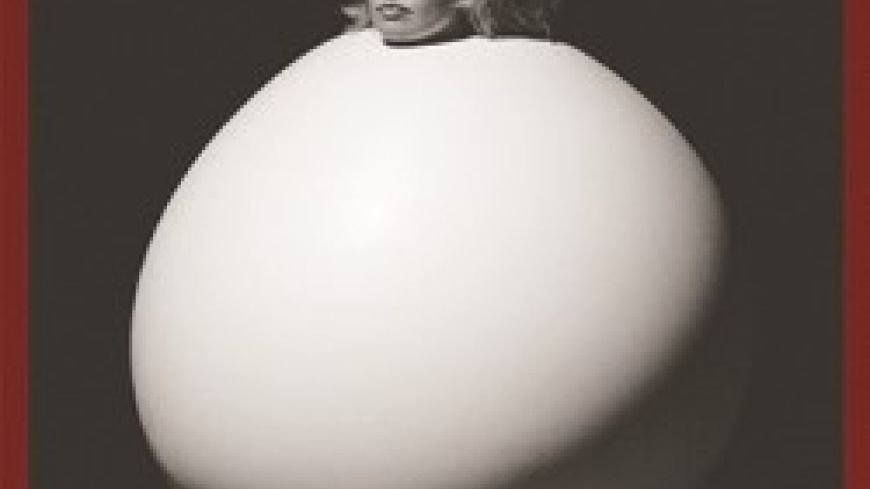
Ludwig Wittgenstein once remarked that if people never did silly things, nothing intelligent would ever get done. This hilarious piece of inspired nonsense is compelling evidence of that truth.
On either side of the stage a man and a woman in bathing costumes and caps, their limbs greased as if for a cross-channel swim, lean against gigantic white balloons. Smaller balloons spread across the stage and seating area carry the message “The limits of my language mean the limits of my world”.
As the audience takes their seats, a disembodied voice reads out a set of precise, highly detailed instructions for the safe inflation, care and maintenance of large latex balloons. The instructions are repeated over and over again. Centre stage stands The Inflator, armed with an industrial vacuum.
The two swimmers, implausibly, slide themselves cautiously, limb by limb into the giant balloons, so that finally only their heads remain visible. Settled comfortably in place, they begin faltering attempts to construct and use a language.
The balloons are eggs, wombs, prison cells, speech bubbles, worlds. Under this heavy weight of metaphor, they sometimes burst at unpredictable moments, leaving the occupant needing to inflate another balloon, or to salvage something from the tattered fragments. When there are no more balloons left to inflate, the freed characters find they are now suddenly able to converse fluently in a new language.
Samuel Beckett was a great admirer of Wittgenstein, and the absurdist staging with trapped, isolated characters and disintegrating dialogue are clearly influenced by works such as Endgame and Happy Days.
Always more preposterous than pretentious, this is still a serious piece, but it refuses to take itself too seriously. Wittgenstein would probably have approved, believing, as he did, that “a good and serious philosophical work could be written consisting entirely of jokes.”
Until August 28 (not 16, 23), 19:40

